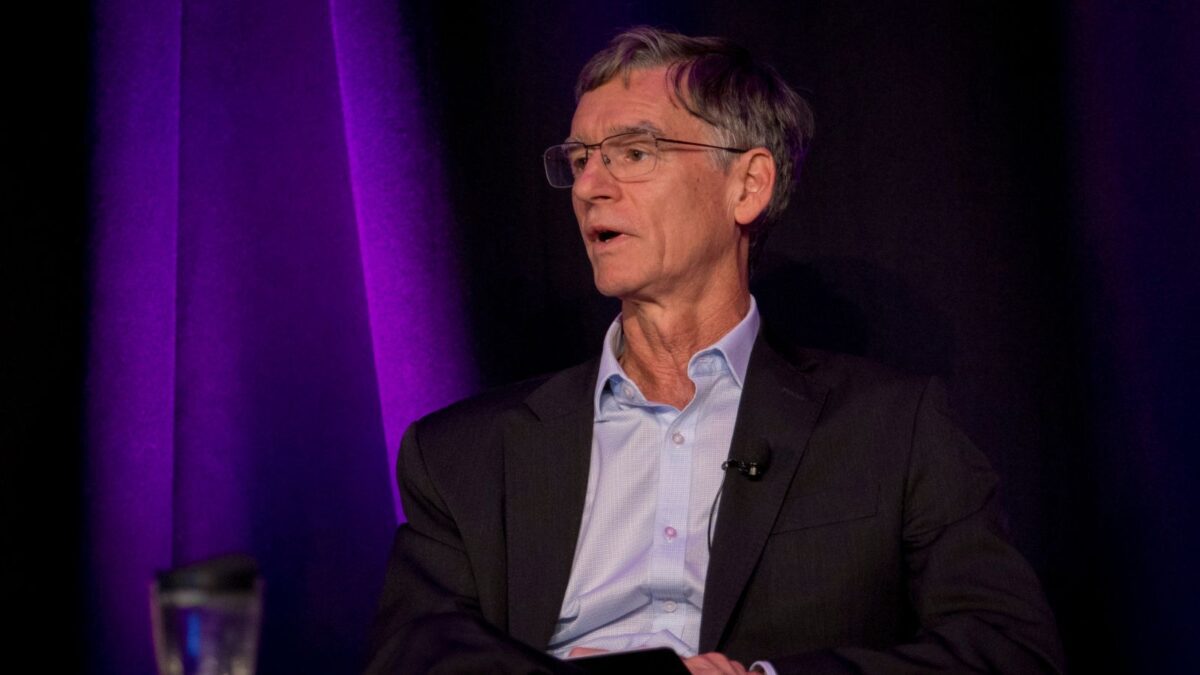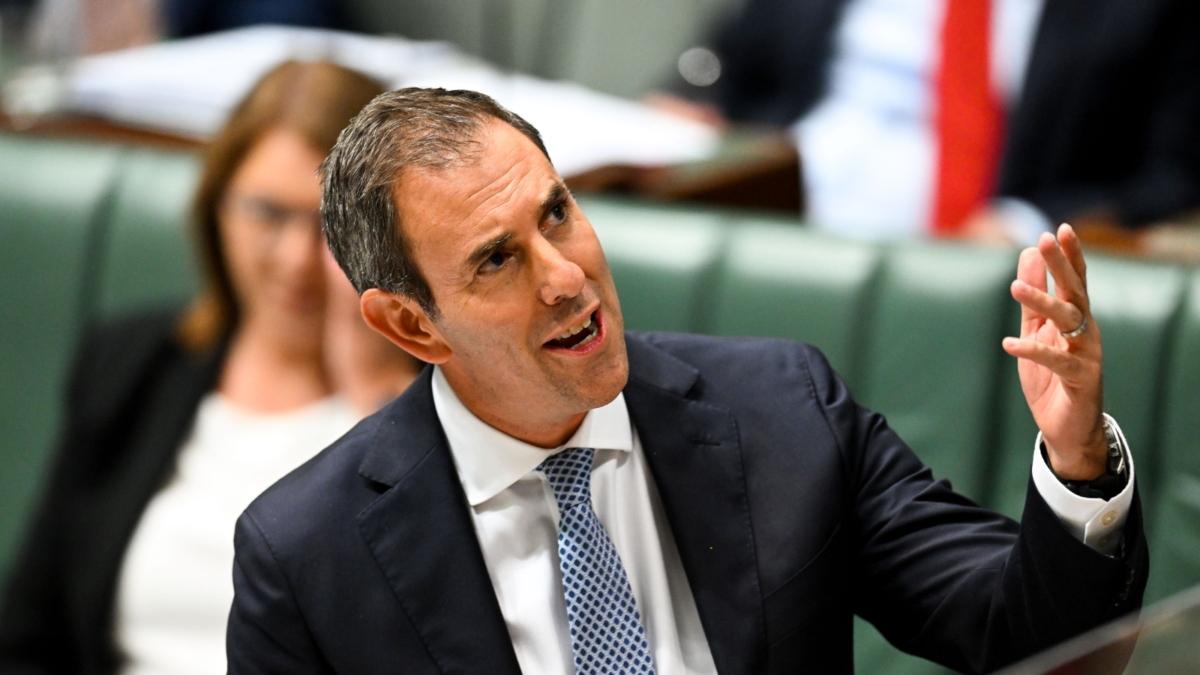Man Group gets active as passive ‘reaches saturation point’
While the research arm of the global hedge fund management, Man, is not tipping an immediate passive crash to shore, the paper says the forces driving index momentum are set to ease. Lower active management fees and transaction costs, an imminent passive flow slow-down and cyclical trends all suggest the index juggernaut is approaching a peak.
Authored by Man Numeric chief investment officer, Daniel Taylor (picture at top), the study estimates the US stock market (as measured by the broad Russell 1000 and Russell 2000 indices) has reached passive saturation point including the index-investing influence over putative active strategies. As well as the impact of decade-long flows into passive funds, the paper says index-hugging behaviour of nominally active managers has further skewed market dynamics.
The research found the ‘active share’ – or the extent to which portfolios deviate from the benchmark – of managers holding Russell 1000 stocks has fallen from 50 per cent to 35 per cent during the last five years.
“Simply put, this means that only one out of every three dollars (held by institutions) deviates from a cap-weighted benchmark. So, while we have previously estimated passive “market share” at 40 per cent or 30 per cent… this view provocatively suggests that the US equity market might actually be two-thirds passive.”
Passive investing is not yet breaching a “theoretical limit”, the Man paper says but including the quasi-index managers “we do believe it is approaching an upper bound”.
“Increasingly, the marginal dollar that gets invested into the market is simply buying the market. By definition, if something becomes irrationally overvalued, passive investments are not just ambivalent to it – they get increasingly allocated towards it.”
With passive exposures at such high levels already the paper suggests the positive feedback of loop of index fund flows lifting underlying security prices will fade as relative volumes slow. Steadily decreasing active management fees and transaction costs over the last decade have also eroded the passive fund advantage, the Man study says. And historical evidence also points to a cyclical pattern of performance deviations between active and passive styles.
“Active relative performance appears to exhibit cyclicality (as do many investment styles), and active managers recently went through a prolonged period of difficult performance that may have started to reverse,” the report says. “… Passive may have disproportionately benefited from the continual bouts of quantitative easing, when the best strategy was simply to own the market and buy the dips. A different environment may call for more discretion and less complacency among equity investors.”
The findings were based on US equity data but the trends are likely global, the Man research paper says. In a similar study in 2017, Man found no end in sight for the surge into passive strategies.
“When we wrote about passive investing five years ago, we desperately wanted to come to this conclusion (which is again, in full disclosure, totally self-serving),” Taylor says in the most recent update. “At the time, however, it appeared the potential headwinds were still too strong. Today, we think it is time to get active!”











